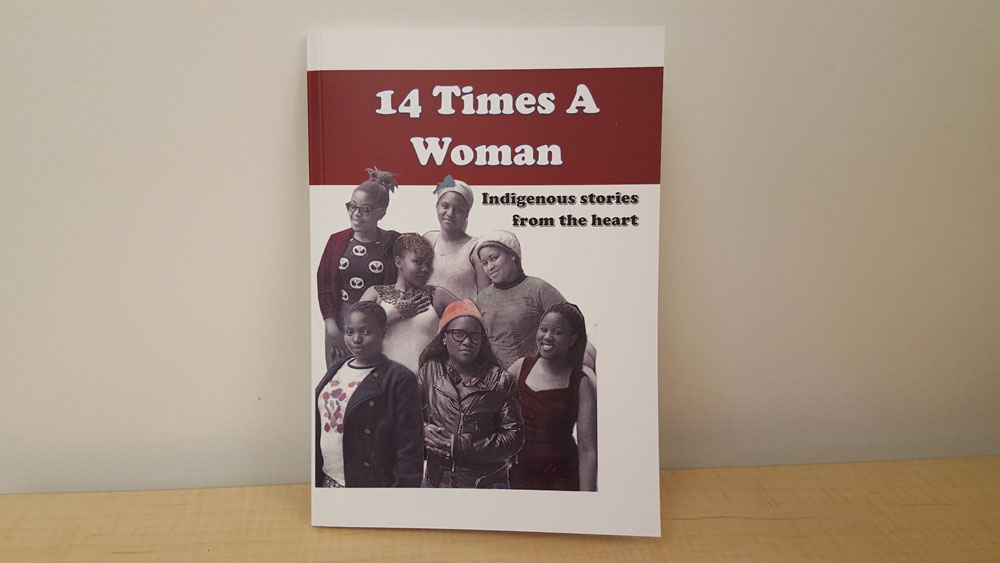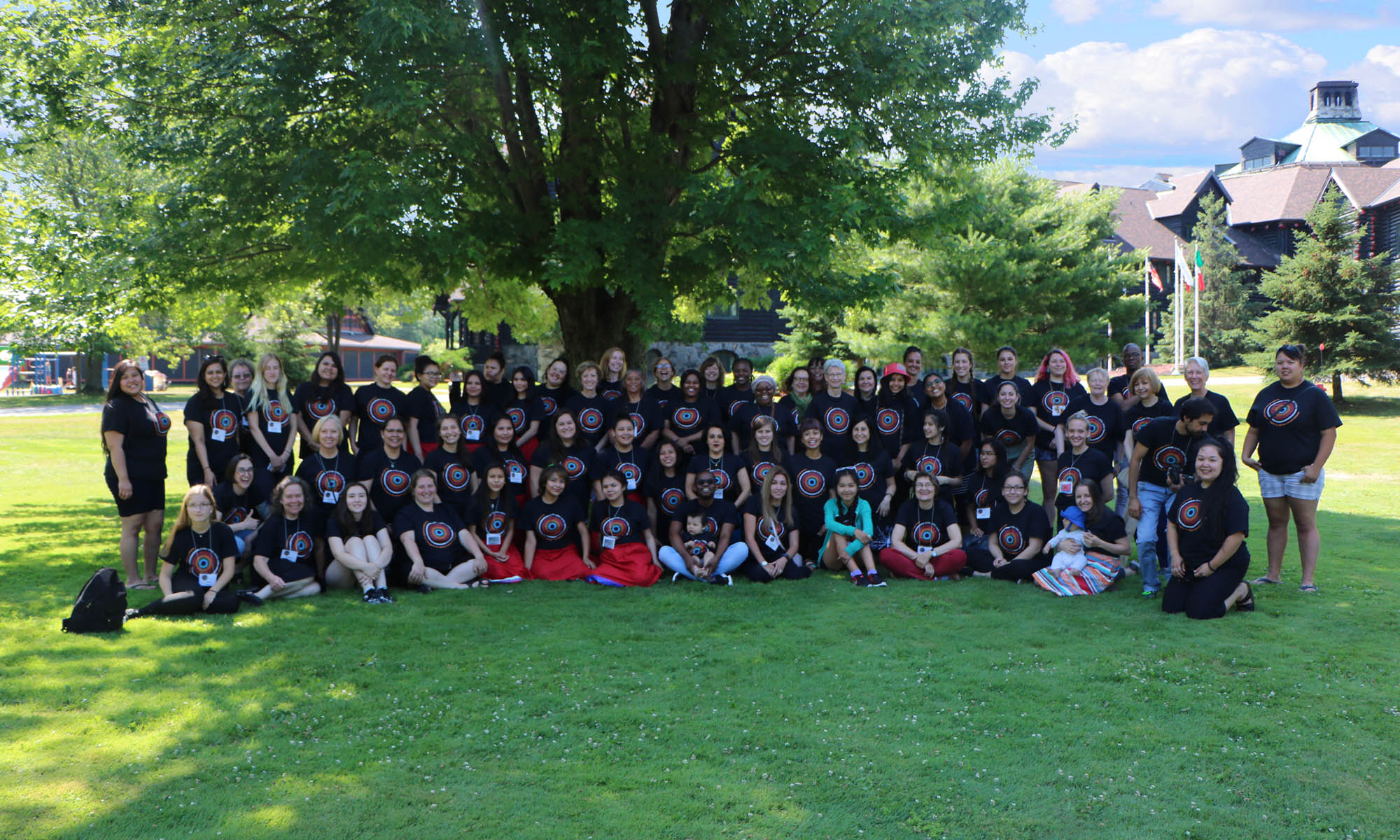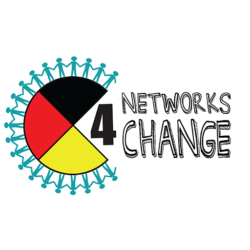By Lelethu Mlobeli
 The book is made up of 14 autobiographical pieces of 14 young South African aboriginal women from the Nelson Mandela Metropolitan University (NMMU), a South African university.
The book is made up of 14 autobiographical pieces of 14 young South African aboriginal women from the Nelson Mandela Metropolitan University (NMMU), a South African university.
All women have stories to tell. Our collective story begins when three professors from three universities started working on a project entitled, “Digital media for change and well-being: Girl-led from the ground up’ policy-making in addressing sexual violence at a South African university” with a group of young black South African first-year women university students from rural areas who are all studying towards being teachers. The initiative (pilot project) was part of a larger project, “Networks for change and well-being: Girl-led ‘from the ground up’ policy-making in addressing sexual violence in Canada and South Africa”.
An email was sent to all the first year education women students at Nelson Mandela Metropolitan University who were from rural areas who are interested in such a project. The thirteen of us sent back the email saying we were interested. We met with a senior student, Zethu Jiyana, who helped us in meeting up with professor Naydene de Lange and meeting together as the 14 girls.
As part of the pilot project, “Digital media for change and well-being: Girl-led ‘from the ground up’ policy-making in addressing sexual violence at a South African university,” we came together regularly from first year to explore issues related to sexual violence especially on the campus (NMMU) itself. We made cellphilms and produced pictures about different situations faced by young women around the campus and on residences. We took action by making posters and action briefs in which we presented to policy makers on campus. We also had an opportunity to participate in a feminist dialogue somewhere in the country.
The stories we told, cellphims we made, and pictures we produced were about what we see as sexual violence from where we come from (rural areas) and here in the university. What stood out for me in all these stories and pictures we produced in the meetings we had with policy makers and student leaders around campus was the fact that we tend to ‘normalise’ sexual violence. I related to this a lot. This also opened a space for me to learn what exactly constitutes sexual violence.
During the meetings/ workshop (pilot project) we also covered a range of topics such as sexual violence, teenage pregnancy, bullying at school, poverty and many other social justice issues. I have learned more about the broad definition of what constitutes sexual violence during different workshops, meetings, and panel presentations that we had with different people from around South Africa and also in the United States during a recent trip to St. Cloud State University.
For the writing of the book, we met in a conference room which is close to the one we regularly had met to engage in various projects. It was emphasised that everyone has a story. We were taught on what a life story is.
We then went to looking at other people stories which helped us in seeing how other people have written their autobiographical stories. We went through a lot of autobiographical stories.
We were then each given a document with a timeline and told to write about the important events and experiences that have contributed to our lives in becoming who we are today.
We were asked to write each one of us, a brief piece capturing our biographical information. Our biography was to be about not more than 500 words. We read our pieces to the whole group (14 of us) and comments were made. This helped us reflect on our stories and revise them. We were then asked to write about further moments and read them to the group. We then wrote one story each from with these two pieces and created a title.
Wanting to combine our stories and make them one book for publication, we came up with different titles of the book on which we chose one that we thought best fits and describes the book; 14 Times a Woman: Indigenous Stories from the Heart.
The book is basically about autobiographical pieces that enabled us (14 young
women) to reflect on the experiences which made us into who we are today.

